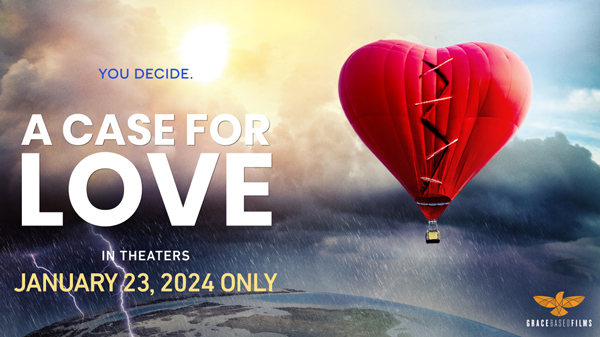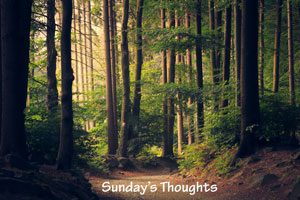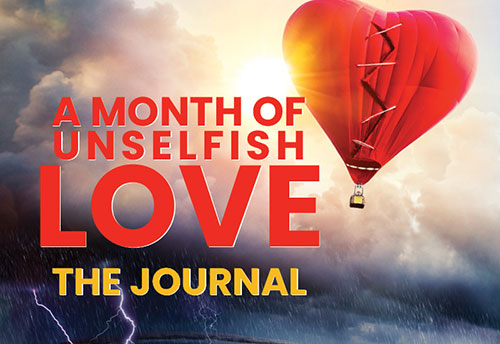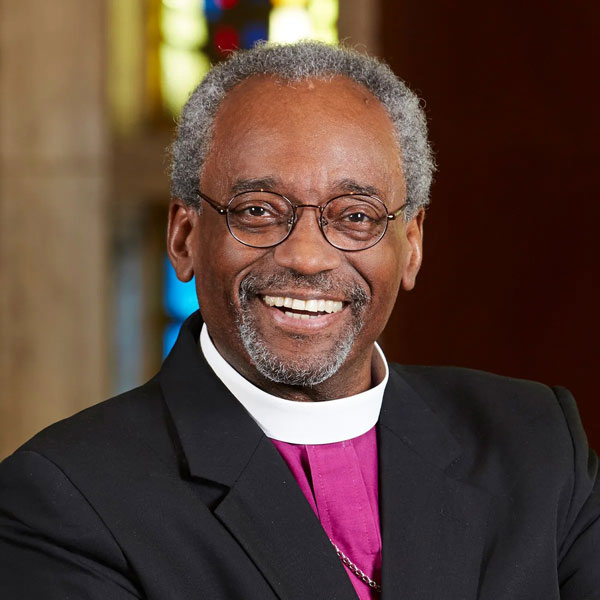
On January 23, 2024, there will be a one night showing of a new movie entitled “A Case for Love“. The movie originated in 2019, prior to the pandemic by a team led by Brian Ide, a film director in California.
Watch the trailer
Get tickets – $12.75 or $9.50 seniors. Paragon theatre in Fredericksburg, 4pm and 7pm shows.
Link to Film Website.
The movie may be a good tie-in to our 2024 theme. St. Peter’s has a 2024 theme of “ Walk in Love” with 4 distinct seasons. The movie will be shown during one of those seasons, Epiphany, with a title of “Walk in the Light”. Light has been viewed as a metaphor for righteousness and goodness. As Bishop Curry writes in his book Love is the Way “Love as an action is the only thing that has ever changed the world for the better..” “Love is a commitment to seek the good and to work for the good and welfare of others.”
Ide writes about how the movie idea came to him “Recently, I had grown more and more troubled by the increasing divisive state of our culture, and found myself contemplating, “What can I do to help?”
“While that led to many considerations, at the end of the day, all I really knew how to do well is make movies. Combining this glaring need with my skills, I went about the task of making this documentary —to give voice to my own thoughts as well as many others around the country.
“Bishop Michael Curry, the Presiding Bishop of the Episcopal Church, inspired the film’s focus as he offered a solution to what ails us: “Love.” Specifically, “Unselfish Love.”
“As Bishop Curry wrote in his latest book, “When love is the way, the earth will be a sanctuary. When love is the way, we will lay our swords and shields down by the riverside to study war no more. When love is the way, there’s plenty of room for all of God’s children. When love is the way, we actually treat each other, well, like we are actually family.”
“Could the answer to society’s problems really be that simple and actually within the grasp of each of us? This film presents what I observed and encountered while criss-crossing back and forth across the U.S., in search of the answer. Viewers must decide for themselves, and if their answer is “yes,” they will hopefully be inspired to live—intentionally—more selflessly and become part of the solution, making their own case for love
“In the documentary, our film team travels the U.S. searching for people living their lives selflessly and interviews them about how that way of living affects others and themselves. We also interview random people on the street, discussing where they’ve witnessed unselfish love and where they’ve seen its absence. We also learn what well-known figures, including Pete Buttigieg, Al Roker, Sam Waterston, John Danforth, Becca Stevens, Jon Meacham, Russell Moore, Kelly Brown Douglas, and Jim Clyburn, have to say about the topic. Finally, Bishop Michael Curry places all we’ve seen into context.
“Subjects explored: Racial Justice, Sexual Identity, Military Service, Foster Care, Politics, Sexual Trafficking, Disability, Loss of Loved Ones, Refugees, Volunteering, Food Justice and more.
“What’s the verdict on “A Case for Love“? Is unselfish love the antidote to what ails us? Join us January 23, 2024 and decide for yourself!
“The film will be shown on one night in about 1,000 locations. The closest location to us is Paragon movie theatre in Fredericksburg. There are two times – 4pm, 7pm. The film is about 2 hours. The admission is $12.75 adult and seniors $9.50.”
Read more






